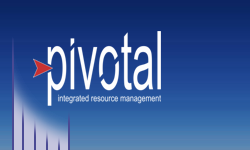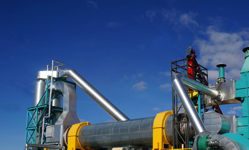|
IRM assesses wastes and what can be done with them including the costs, revenues,
operating maintenance and replacement costs etc.. While this is a
dynamic process
and each application
is different, there are some key questions such as:
- What volumes and types of waste do you have and how wet are
they?
- Where are the wastes located, how are they collected and at what
cost?
- What can the wastes be turned into and at what cost?
- What can the recovered resources earn, where are the markets and
contracts and what's the cost to get them to buyers?
- How certain are the contracts for both feedstock supply and sale
of recovered resources?
- Where do the wastes currently go and where might they go to best
take advantage of revenues? Are they different?
- What are the political and logistical opportunities and
barriers?
- Are heating, cooling and electricity part of the potential?
Are these really worthwhile pursuing? What are the base loads?
- Do you have a background in this and can you create the business
case? Do you need help?
- How will you procure this? Buy the equipment? Lease
it? Do you want to outsource the service to reduce risk?
- Are grants and/or financing available and do you want to partner
or fully control the direction? Are the grants certain or will
they hold things up?
- What oversight or possible interference is there from
organisations you don't control?
- What about public engagement? Has it
been well handled (or - and more likely: should you start again)?
- Are people against incineration? Do they understand that
gasification is very different?
For more information read our IRM page or
download the
IRM summary. |


